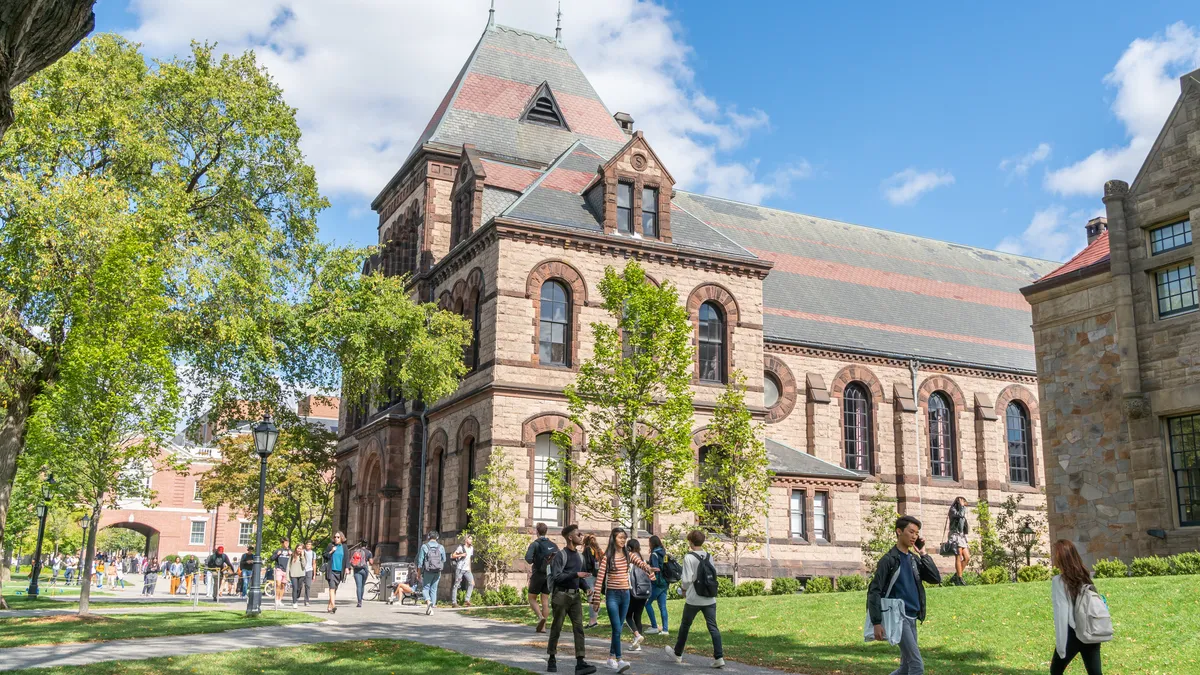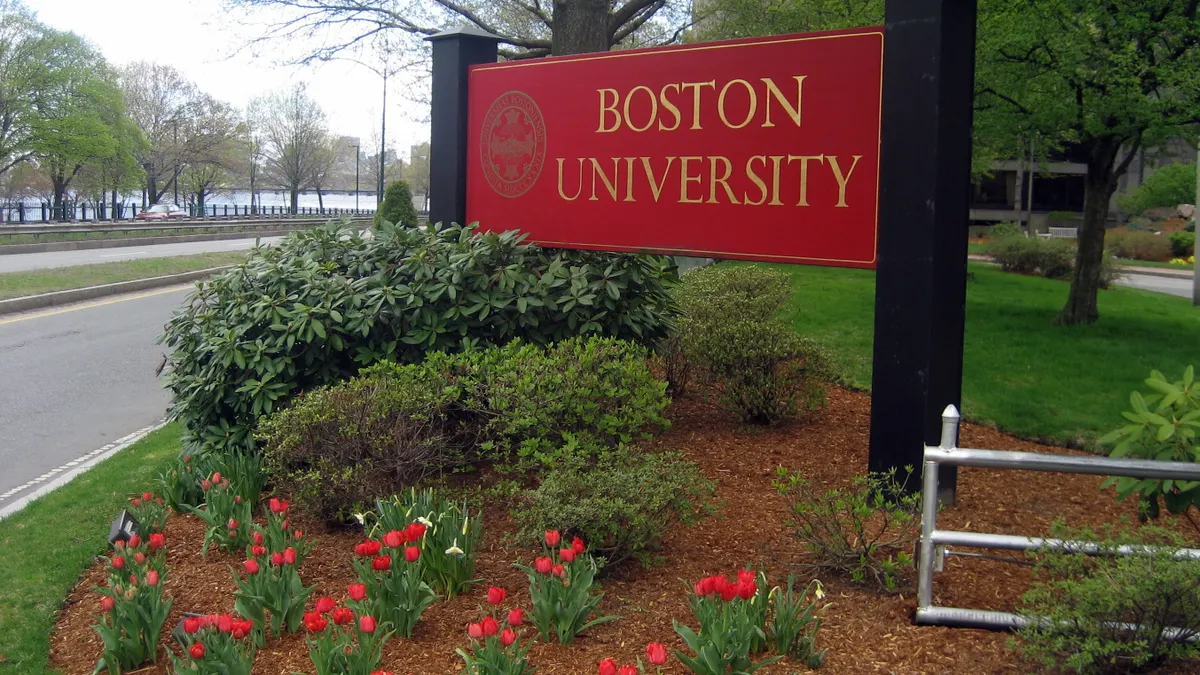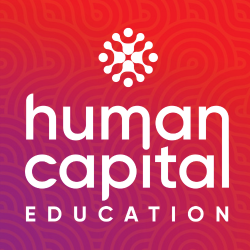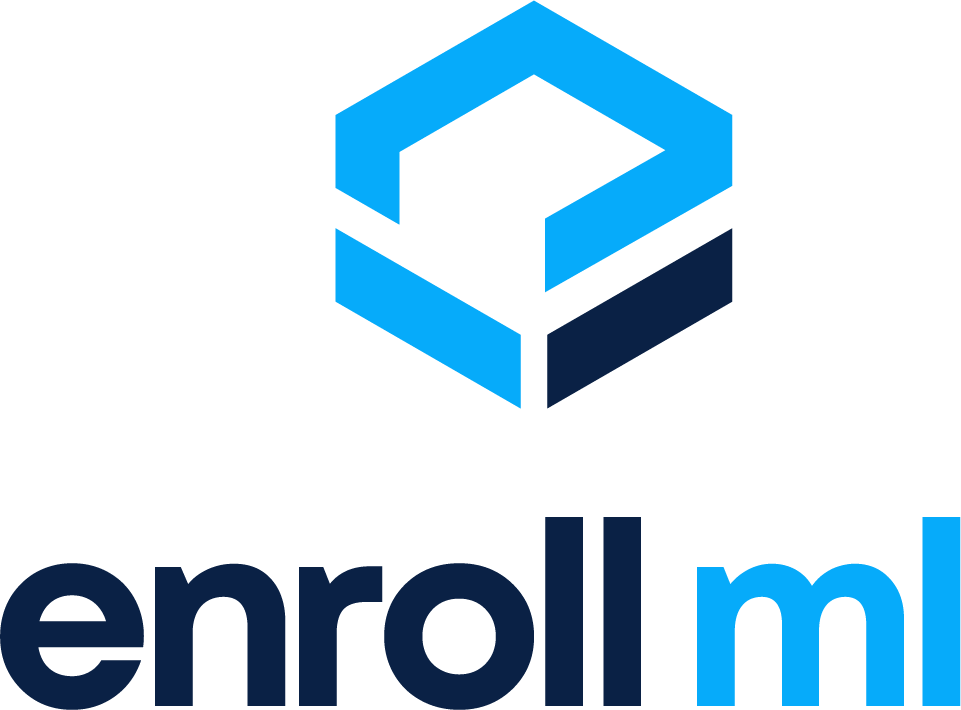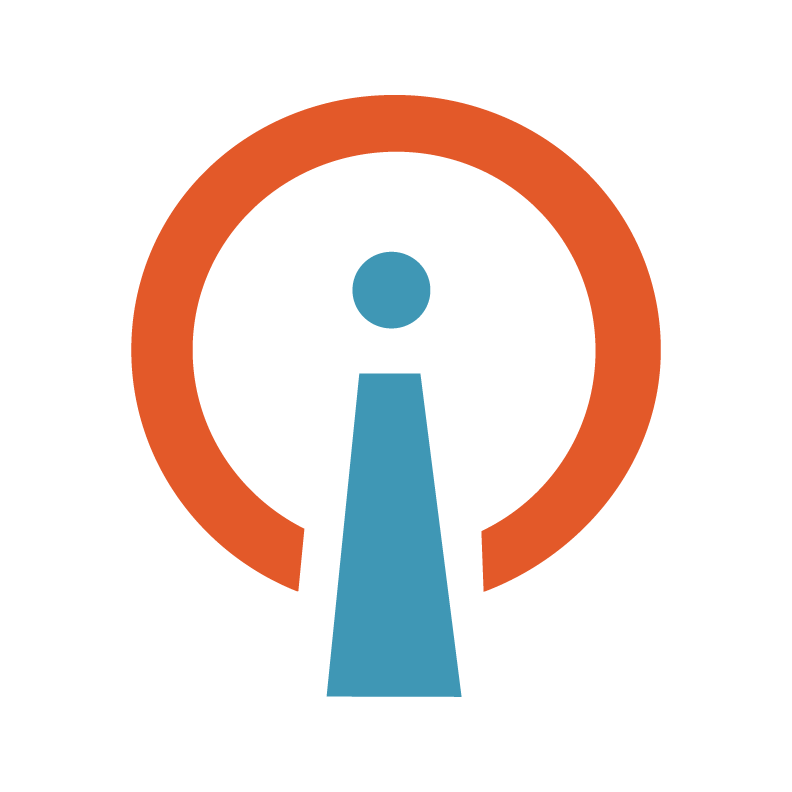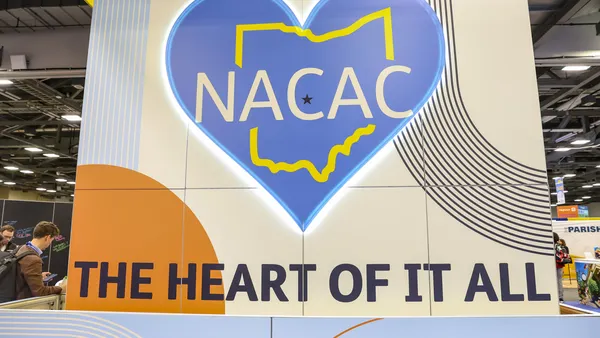Dive Brief:
- The Make School, a San Francisco-based coding program, will add an accredited bachelor's degree in applied computer science through a partnership with Dominican University of California. Make School used the Western Association of Schools and Colleges' streamlined accreditation path for institutions that partner with an existing college.
- Students can defer tuition payments until they earn a yearly salary of $60,000 or more, at which point they will pay 20% of their income to the school for five years, Time reported. They can also choose to receive a $1,500 monthly stipend for living costs in exchange for a larger share of their income.
- The coding school worked with more than two dozen Silicon Valley employers to design the degree program's curriculum, which is project-based. It expects the program will have its first graduates within the next three years.
Dive Insight:
More colleges have been teaming up with coding programs to bolster their offerings, but the partnership between Make School and Dominican University may be the first of its kind.
Coding bootcamps are generally not accredited, but the Make School was able to obtain the critical status for its new degree by joining with an existing, accredited university. Meanwhile, Dominican University students will have access to a computer science minor developed through the partnership.
Other colleges have been tapping into the growing popularity of coding bootcamps, which expect to graduate 20,300 students this year, up from roughly 2,200 students in 2013, according to Course Report.
Washington's Bellevue College, for example, partnered with Coding Dojo in 2016 to lead programming courses. Similarly, three universities — Kent State University, Oregon State University and University of Georgia — announced last year they would offer a roughly year-long online coding bootcamp through a third-party provider.
Other colleges are building out their own bootcamps. Northeastern University took this approach with the creation of its data analytics bootcamp, which students can roll into credits for some of the college's graduate programs.
Eliminating upfront tuition payments gives Make School's program an incentive to ensure students see a worthwhile return on their investment, said its co-founder Jeremy Rossmann in the announcement. That's a growing concern for prospective students who may be wary of tuition hikes. Sixteen coding bootcamps across the U.S. offered deferred tuition programs or income share agreements in 2018, Course Report notes, signaling a growing trend in the industry.
Colleges have been launching their own income share agreements, too. Purdue University emerged as a leader in 2016 through a program that awards students some money for college in return for a percentage of their salary after graduation. Other colleges have since followed suit with similar programs, including Colorado Mountain College, whose new income share agreement targets DACA students.




